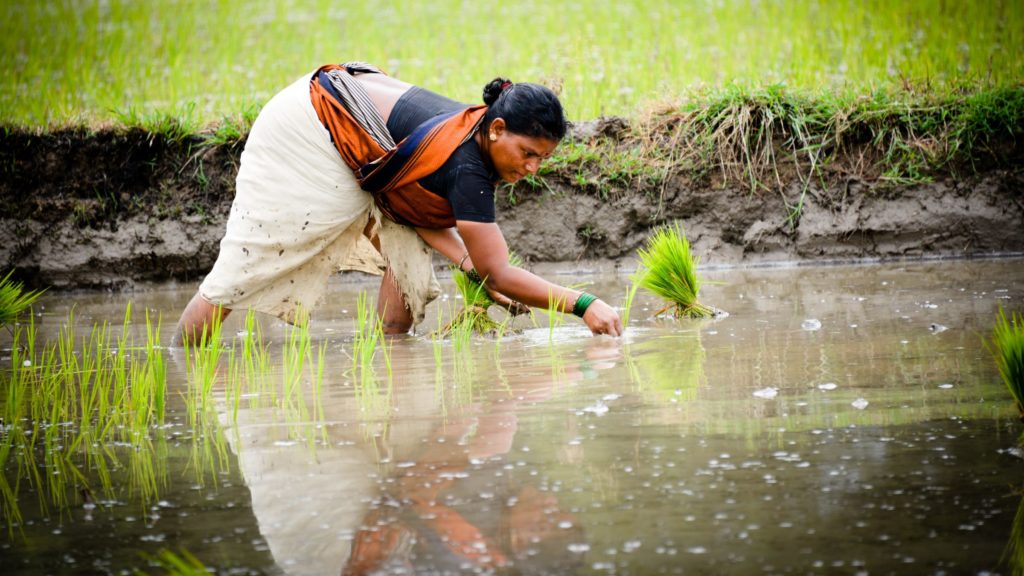
The spread of actionable and useful knowledge, ideas and information accelerates increases in human welfare and can be achieved at low cost.
Precision Development (PxD) empowers people living in poverty to improve their livelihoods, mitigate risks, and advance environmental sustainability.
At PxD we believe the information revolution and the spread of mobile tech to people living in poverty offer unprecedented opportunities for increasing access to information at scale and very low cost.
We build digital information-sharing systems to distribute high-quality, actionable, and targeted information at scale and at a very low cost per person. We distribute this information to people who – in the absence of our services – would not otherwise have access to it. We work every day to ensure that this information is valuable to the user, and we constantly iterate and improve our services to increase their usefulness for the people we serve.
A majority of our services deliver customized digital agricultural advice to smallholder farmers via their mobile phones. We provide tailored digital information on crop optimization, pest management, input utilization, and environmental stewardship. We also leverage mobile technology to deliver information in sectors beyond agriculture, including utilizing SMS to facilitate math education in Kenya, using push calls and text-based services to improve nutrition in Pakistan, as well as other interventions that advance well-being through the distribution of electronic information.
Smallholder farms support more than two billion people worldwide and account for more than 75 percent of the world’s poor. Many of these households rely on inefficient and environmentally unsustainable agricultural practices.
Our pioneering model of agricultural extension is implemented in collaboration with partner organizations to maximize scale, and we continuously experiment, iterate, and gather evidence on impact to improve service delivery and demonstrate our value.
Small changes in agricultural practices can substantially improve productivity and profitability. However, offering farmers standardized agricultural advice has limited effectiveness due to variation in local conditions and farmer characteristics. Traditional extension systems have been unable to incorporate and disseminate this information to farmers, in part due to the high costs of operating in rural areas.
In high-income countries, new technologies are transforming agricultural production by allowing farmers to better target inputs and management decisions to local conditions. In many low- and middle-income countries, many of these technologies are beyond the reach of individual farmers. However, several technological innovations have created new opportunities to provide customized information to farmers:
- Mobile soil analysis labs with spectroscopy improve access to high-quality soil data
- Satellite and drone photographs enable data collection and validation from above
- New weather prediction models generate real-time estimates useful to farmers
- Widespread mobile phone use facilitates information delivery and collection
These technologies can be combined with the best available research to improve information content and messaging effectiveness:
- Behavioral economics can improve messaging and encourage adoption
- Social learning theory can facilitate the diffusion of relevant information
- Big data and machine learning allow for personalized advice
- A/B tests allow near-instantaneous upgrades
- Randomized controlled trials (RCTs) make for more rigorous evaluation